Reps, ICPC differ over oversight function of lawmakers
The House of Representatives and the Chairman of the Independent Corrupt Practices and other Related Commission (ICPC), Prof. Bolaji Owasanoye, on Thursday disagreed on the performance of oversight functions by members of the National Assembly.
Prof. Owasanoye said members of the National Assembly often request for tonnes of documents they cannot review in the course of their oversight. But, Deputy Leader of the House Peter Akpatason said in most cases, agencies supply documents that were not relevant or fail to provide the relevan documents.
They spoke at a capacity-building for members of the House Committee on Anti-Corruption organised by Konrad Adenauer Stiftung.
The Speaker of the House, Femi Gbajabiamila, however, said Nigerians are desirous of good governance and are looking to the legislature to be the agents that will combat security, poverty, corruption and other problems.
In his goodwill message at the event, Owasanoye said: “The oversight function and power of the legislature enables it to take an actual role in understanding the performance of other arms, especially the executive arms.
“There’s a perception out there that the legislature is either reactive or trying to put out fires and preventing the fires from going out and sometimes dramatic in its approach to oversight functions.
“But nevertheless, this oversight functions is critical and very important much more as a preventive to ensure that we don’t get to where we’ve found ourselves today.
“The legislature is increasingly stepping up its oversight of Ministries, Departments and Agencies (MDAs) in recent times. This is a good thing even though some people feel uncomfortable with it. Not like in the past when it was just for show.
“There should be concrete reforms where you get to ask concrete questions that you must answer. With that, so many people will seat up and if they don’t like the capacity of the jobs they take, then they should resign and leave the place. The legislature is stepping up this oversight in recent times because they are to ensure the value of the money appropriated by the National Assembly.
“Another thing is the power of investigation, as enshrined in the constitution. Now, this again is very important. However, with all due respect, in recent times, we have seen committees asking for documents all the time. I always make out time to attend the hearings and I will see tonnes of materials, which are presented to the lawmakers.
“I don’t know how much research support the lawmakers have to untap the documents so that information there can actually made sense and assist you to do what you’re set up to do. Some people bring these documents in Ghana-must-go bags. I just look at it and shook my head. I say to myself, nobody is reading these things.
“It’s the same thing being requested over and over again from these institutions. These kinds of things diminish the importance of the process. It gives the impression that you just give it to them they won’t look at it. The legislature has the power to investigate and expose corruption at all levels of government.
“The fight against corruption is our collective responsibility. It’s not the duty of the executive alone. We are happy that the National Assembly understands this and takes up this responsibility as well. Our immediate projection is to reduce corruption to an extent that it can no longer threaten our collective well-being and the peace and development of the country.”
However, before presenting the Speaker’s address, Akpatason took time out to respond to the statement of the ICPC boss, saying whatever is done in the National Assembly goes into the records. He said “debates are recorded in votes and proceedings, and documents are available in the Senate and House of Representatives”.
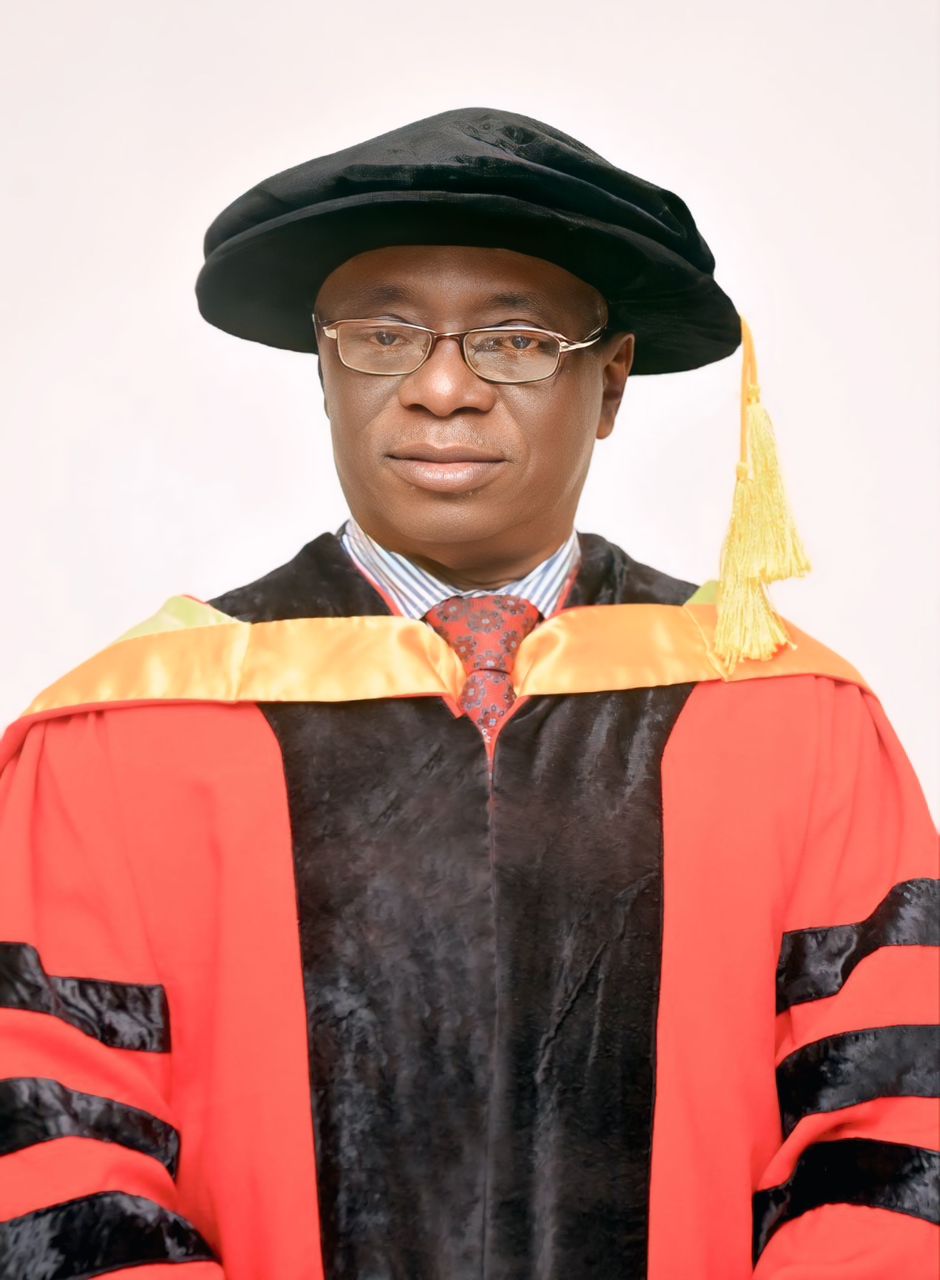


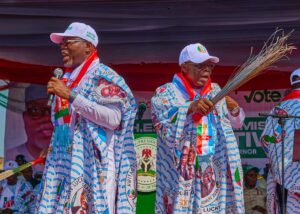
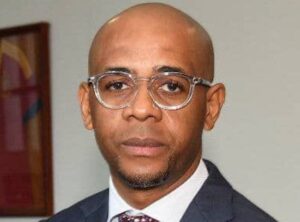

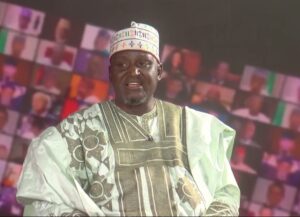
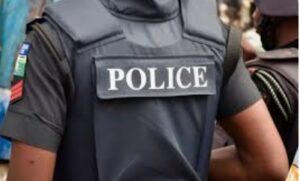
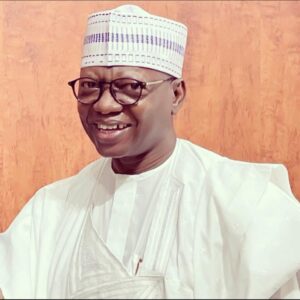
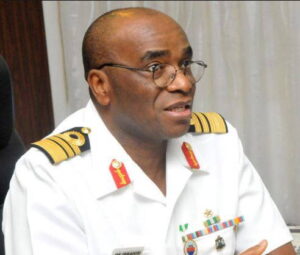
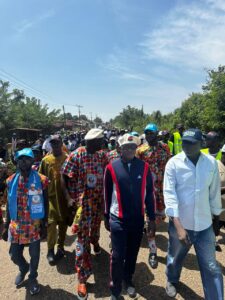
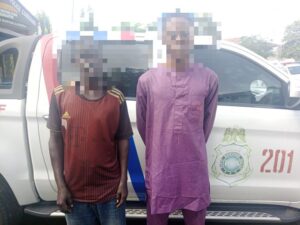
Post Comment